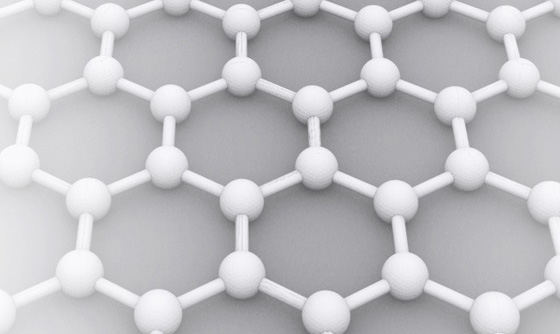A formal collaboration between Cambridge’s Graphene Centre, and the University spin-out company, Plastic Logic, has been announced.
Plastic Logic will work with Cambridge researchers on a specific programme which aims to exploit graphene, related two dimensional materials and hybrid systems in flexible, plastic electronics – a field in which the UK already enjoys a world-leading position.
I am delighted that Plastic Logic is working with the world-class team at the Cambridge Graphene Centre on this transformational research programme for the application of graphene in our flexible plastic electronics process.
Indro Mukerjee
The agreement brings together two nerve-centres of technology research in Cambridge. Plastic Logic, founded in 2000, is a spin-off company from the University’s Cavendish Research Laboratory, and develops and manufactures colour and monchrome plastic, flexible displays. The market for these devices is expected to be worth $40bn by 2020.
The Cambridge Graphene Centre was established earlier this year to captalise on the University’s ground-breaking research into the new material of the same name as well as a large class of related layered materials and hybrids. Graphene is a one atom-thick layer of graphite with remarkable potential to enable significant technological advances. The research of the Centre aims to find ways of manufacturing and optimising graphene and related materials so that this promise can become reality.
Plastic Logic has donated large-scale depositon equipment to the Centre to support the progression of new developments in graphene research. The research programme itself will investigate the development of graphene as a transparent, conductive layer within flexible displays, and of novel transistor structures using layered materials, which promise to significantly improve the performance of flexible electronics.
Professor Andrea Ferrari, Director of the Cambridge Graphene Centre, said: “The mission of our centre is to investigate the science and technology of graphene, carbon allotropes, layered crystals and hybrid nanomaterials. The engineering innovation centre allows our partners to meet and effectively establish joint industrial-academic activities to promote innovative and adventurous research with an emphasis on applications.”
“We welcome Plastic Logic as one of our strategic partners. Graphene and related materials are ideally suited for applications in flexible electronics and this strong synergy with a world-leading Cambridge-based company can accelerate exploitation.”
Indro Mukerjee, CEO of Plastic Logic, said: “I am delighted that Plastic Logic is working with the world-class team at the Cambridge Graphene Centre on this transformational research programme for the application of graphene in our flexible plastic electronics process. This will enable higher levels of customisation and drive a step change in technology performance, opening up new commercial applications, such as the huge potential market for large area distributed sensors.”











